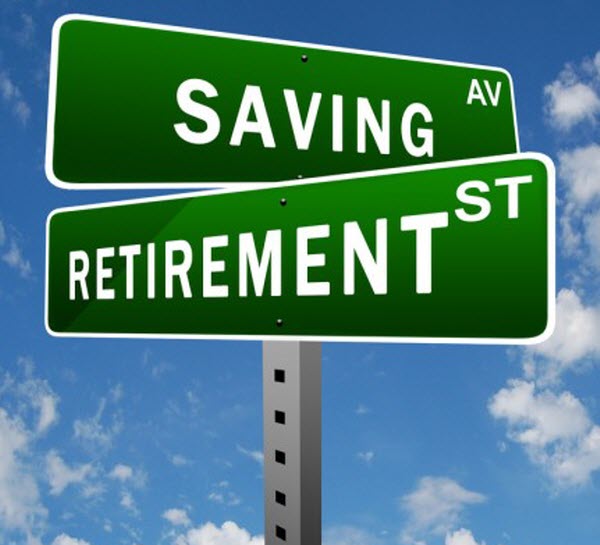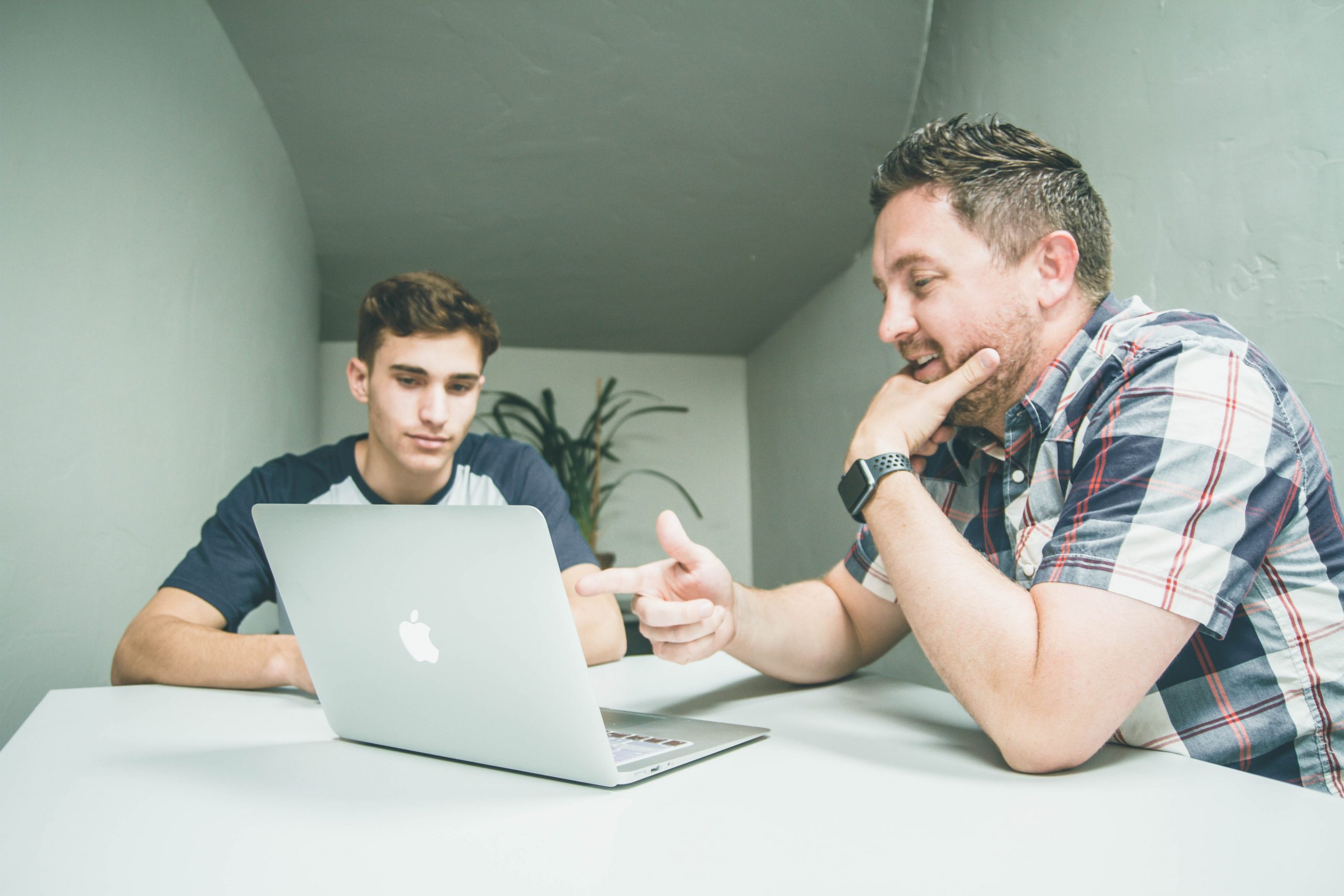Coronavirus means you can access your super. Is it worthwhile doing so?
Enabling the early release of funds is a sensible safety net that’s been offered by the Federal Government for anyone in financial hardship right now. But tapping into your super is a decision that needs very careful consideration.
By ATB Partners

Unprecedented access to superannuation
New Federal Government economic measures to combat the impact of the coronavirus have allowed unprecedented access to superannuation – up to a maximum of $10,000 for the 19-20 Financial year, and again, if necessary next year. To be eligible, you need to meet the following criteria:
- you are unemployed; or
- you are eligible to receive a job seeker payment, youth allowance for jobseekers, parenting payment (which includes the single and partnered payments), special benefit or farm household allowance; or
- on or after 1 January 2020: you were made redundant; or your working hours were reduced by 20 per cent or more; or if you are a sole trader — your business was suspended or there was a reduction in your turnover of 20 per cent or more.
People accessing their superannuation will not need to pay tax on amounts released and the money they withdraw will not affect Centrelink or Veterans’ Affairs payments.
To release your super, you need to apply via MyGov by the end of the financial year – June 30 2020.

Don't make a rash decision
Just remember that all superannuation balances have recently taken a hit, because the markets have suffered significant losses. While it’s not a time to panic, most financial advisors are saying ‘stay the course’ right now, because eventually the market will recover. If you have a small superannuation balance, you could be eroding it substantially.
Let’s look at the numbers. For someone in their mid-30s, $10,000 of super could potentially be worth around $60-65,000 at retirement in 35 years time, based on the average 5.5 percent return of conservative funds for the past 15 years (including the GFC).
Accessing your super is an entirely personal decision, but it’s not one that should be taken lightly, because, after all, the Government is putting sensible measures in place to soften the economic fallout from this current public health crisis. These are unprecedented times, and while $10k might seem like it will help right now, you need to consider the long-term trade-off.

Consider all your options
If you find yourself in dire straits financially, look at some of the other welfare payments you could be eligible for, or access the financial hardship services offered by banks and businesses, before tapping into your super. Talk to your financial advisor.
If every option has been exhausted, then accessing your super could be a worthwhile proposition. But remember superannuation has always been intended to fund retirement. And you will need to rely on it when the time comes.
Other changes
For self-funded retirees and pension recipients there are also some changes at this time:
- Self-funded retirees
Changes include a temporary 50% reduction in superannuation minimum drawdown rates for account-based pensions and similar products over this financial year and next, which will allow these retirees more flexibility as to how the manage their superannuation assets at this time. - Deeming rate reductions for pensioners
The government has reduced deeming rates for pensioners by a further 0.25% to flect the latest rate reductions by the RBA. As of 1 May 2020, the lower deeming rate will be 0.25% and the upper deeming rate will be 2.25%.
If you need help figuring out what all this means for you, contact us. We’re here to support you during Covid-19.
